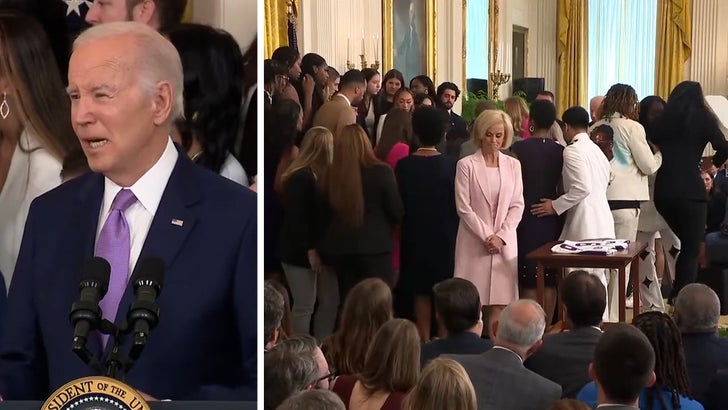Unlock the Editor’s Digest for free
Roula Khalaf, Editor of the FT, selects her favourite stories in this weekly newsletter.
Iran has accused Israel of killing five members of its elite Revolutionary Guards and a number of Syrians forces in an air strike that targeted a building in Damascus.
Tasnim, an Iranian news agency affiliated to the guards, described the Iranians killed on Saturday as “military advisers”. The guards confirmed the deaths of its members, blaming an Israeli air raid, but it did not give their rankings.
Iranian state television said the site hit in the strike was a residential building used by guards members.
Iranian President Ebrahim Raisi said the Islamic republic would not leave “the criminal and terrorist acts . . . unanswered” and that the US was complicit.
The attack is the latest escalation in regional hostilities that have erupted since the outbreak of the war between Israel and Hamas on October 7.
The raid on Damascus comes four days after the guards launched a barrage of missiles against what it described as an Israeli “espionage centre” in Erbil, capital of the Kurdistan region of Iraq.
Iran’s foreign ministry said the raid was a “desperate attempt to spread instability in region”, according to state media.
Its spokesperson Nasser Kanaani added that Iran reserved the right to retaliate against “the Zionist regime’s organised terrorism at the right time and place”.
Israel did not immediately comment on the strike. It usually neither confirms nor denies accusations that it has carried out assassinations or strikes against Iran.
The residential building struck in Damascus sits in the tightly guarded neighbourhood of Mazzeh, where many foreign embassies are located.
The guards identified the military advisers killed as Hojjatollah Omidvar, Ali Aqazadeh, Hossein Mohammadi, Saeed Karimi and Mohammad Amin Samadi
Iranian forces have been active in Syria since the Islamic republic deployed troops to the Arab state to back President Bashar al-Assad after a 2011 popular uprising morphed into a civil war.
Israel and Iran have been engaged in an increasingly overt confrontation across the Middle East over the past decade, and Israeli forces have conducted scores of air strikes against Iranian-affiliated forces.
Tensions between the two states have ratcheted up further since the start of the war in Gaza as Iranian-backed militant groups across the region have launched attacks against Israel, US forces and commercial shipping.
On Saturday, US forces stationed at the Ain al-Asad air base in western Iraq were attacked by Iran-backed militants. A group known as the “Islamic Resistance of Iraq” took credit for the attack.
Last week, Israeli Prime Minister Benjamin Netanyahu said that Israel was “attacking” Iran.
“Who says we are not attacking Iran? We are attacking,” he told reporters. “Iran is the head of the octopus and you see its tentacles all around from the Houthis to Hizbollah to Hamas.”
Iranian officials have said Tehran wanted to avoid a wider regional war erupting and did not want to be drawn into direct conflict with Israel or the US. But the risks of a broader conflagration have been growing.
In December, a suspected Israeli strike near Damascus killed two guards members. Another on Christmas Day killed Razi Mousavi, a senior Iranian commander. Iranian officials said at the time that the slain militant was an “adviser” to Assad’s government and blamed Israel for the assassination, adding that they reserved the right to respond in kind.
This month, a suspected Israeli strike killed senior Hamas political leader Saleh al-Arouri in southern Beirut, a stronghold of Hizbollah, the Lebanese militant movement that is Iran’s most important proxy.
Rockets have been fired from Syria into northern Israeli since October 7.
Footage circulating on social media and Syrian media showed ambulances and fire trucks gathered near the flattened building in Damascus. Syrian media reported several other people were injured and killed in the attack.














































































